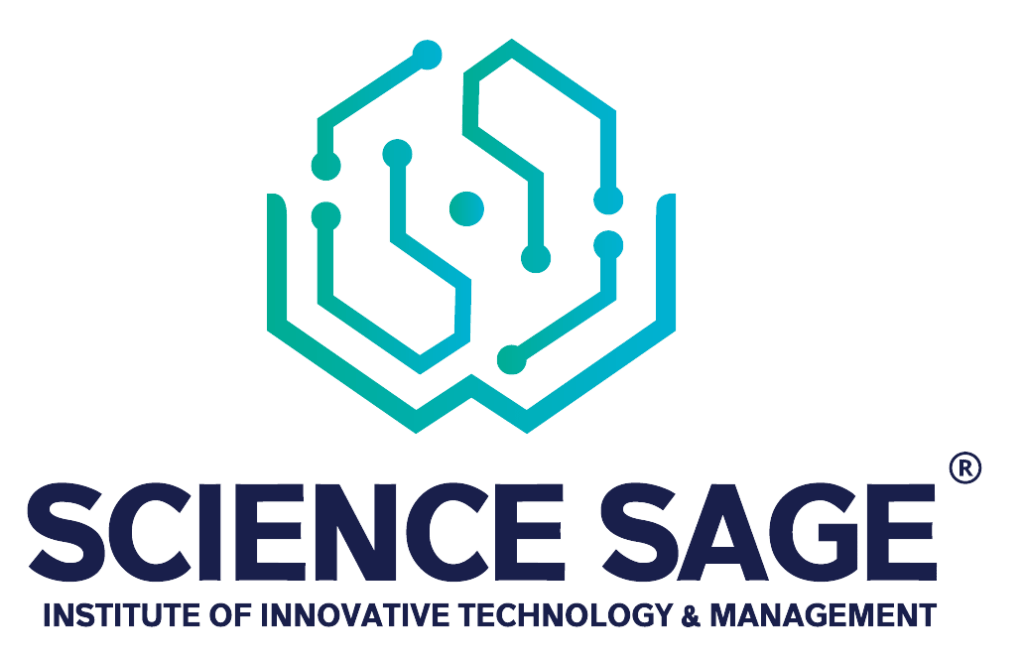- Prerequisites
- Higher Secondary Passed
- Course Duration
- 2 Years
A Diploma in Hotel and Tourism Management is a specialized program designed to provide individuals with the knowledge, skills, and expertise required to pursue a career in the hospitality and tourism industry. This diploma program typically covers various aspects of hotel management, hospitality operations, tourism marketing, guest services, event management, and business administration within the context of the hospitality and tourism sectors. Below is a detailed description of the program:

Course Overview
- Duration: The Diploma in Hotel and Tourism Management program typically spans one to two years, depending on the curriculum and institution offering the program.
- Curriculum: The curriculum encompasses a wide range of subjects related to hotel management, tourism management, and hospitality operations. Coursework may include hotel operations management, front office procedures, housekeeping management, food and beverage management, tourism marketing, event planning, hospitality law, financial management, and business communication.
- Practical Training: Hands-on training is a crucial component of the program, allowing students to gain practical experience in various aspects of hotel and tourism management. Practical exercises, case studies, industry projects, internships, and field visits to hotels, resorts, tourism destinations, and event venues may be included to provide students with real-world exposure to hospitality operations and management practices.
- Industry Collaboration: Many diploma programs collaborate with hotels, resorts, tourism boards, travel agencies, event management companies, and hospitality industry associations to provide students with exposure to industry-specific practices, trends, and opportunities. Guest lectures, workshops, site visits, and industry projects may be integrated into the curriculum to facilitate industry-relevant learning experiences.
- Certifications: Upon completion of the diploma program, students may have the opportunity to obtain industry-recognized certifications such as Certified Hospitality Administrator (CHA), Certified Hotel Administrator (CHA), or Certified Tourism Professional (CTP), enhancing their credentials and employability in the hospitality and tourism industry.

Course Structure
- Core Subjects:
– Introduction to Hospitality Industry
– Hotel Operations Management
– Front Office Procedures and Management
– Housekeeping Management
– Food and Beverage Management
– Tourism Marketing and Promotion
– Event Planning and Management
– Hospitality Law and Ethics
– Financial Management in Hospitality
– Business Communication Skills - Specialization Electives (Sample):
– Resort Management
– Restaurant Management
– Destination Management
– Travel Agency Operations
– Event Venue Management
– Cruise Line Management
– Sustainable Tourism Development
– Cultural Tourism Management - Practical Workshops and Training:
– Front Office Simulation Exercises
– Housekeeping Operations Practicums
– Food and Beverage Service Training
– Event Planning and Execution Workshops
– Sales and Marketing Campaign Projects
– Financial Analysis and Budgeting Exercises - Internship or Industry Placement:
- Many diploma programs include an internship or industry placement component, where students have the opportunity to gain hands-on experience working in hotels, resorts, tourism offices, travel agencies, event management companies, or other hospitality and tourism organizations.

Key Skills Developed
- Hospitality Management Skills: Ability to manage various aspects of hospitality operations, including guest services, front office procedures, housekeeping standards, food and beverage operations, and event management, to ensure exceptional guest experiences and service delivery.
- Customer Service Excellence: Strong customer service skills to anticipate guest needs, address inquiries and complaints promptly, and exceed guest expectations in terms of service quality, responsiveness, and personalized attention.
- Leadership and Team Management: Effective leadership skills to motivate, train, and manage staff, foster a positive work environment, and promote teamwork, collaboration, and accountability among employees in hospitality settings.
- Problem-Solving and Decision-Making: Critical thinking skills to analyze complex situations, identify issues or challenges, and make sound decisions to resolve problems and optimize operations in hospitality and tourism environments.
- Communication and Interpersonal Skills: Excellent communication skills to interact with guests, colleagues, suppliers, and stakeholders effectively, convey information clearly and concisely, and build positive relationships in multicultural and diverse hospitality settings.
- Financial Management: Understanding of financial principles, budgeting techniques, revenue management strategies, and cost control measures to maximize profitability, manage expenses, and achieve financial objectives in hospitality businesses.
- Sales and Marketing Acumen: Knowledge of sales techniques, marketing strategies, branding concepts, and promotional tactics to attract customers, drive bookings, and increase revenue for hotels, resorts, or tourism destinations.

Career Opportunities
- Hotel Manager: Graduates of the diploma program can work as hotel managers, overseeing the day-to-day operations of hotels, resorts, or other lodging establishments. They are responsible for managing staff, ensuring guest satisfaction, maintaining quality standards, and maximizing profitability.
- Hospitality Operations Manager: Hospitality operations managers are responsible for managing various aspects of hospitality operations, including front office, housekeeping, food and beverage, and guest services, to ensure efficient and seamless service delivery in hotels, resorts, or hospitality venues.
- Tourism Marketing Manager: Tourism marketing managers develop and implement marketing strategies, promotional campaigns, and tourism initiatives to attract visitors, increase tourism revenue, and enhance the visibility and reputation of tourism destinations or hospitality businesses.
- Event Manager: Event managers plan, organize, and execute events, conferences, meetings, weddings, or special occasions for clients, corporations, or hospitality venues, ensuring that all logistical, operational, and guest service aspects are coordinated effectively.
- Travel Consultant: Travel consultants provide expert advice and assistance to clients planning travel itineraries, booking accommodations, arranging transportation, and coordinating tours and activities, either as independent agents or within travel agencies.
- Guest Services Manager: Guest services managers oversee the delivery of exceptional guest experiences, addressing guest inquiries, resolving issues, and ensuring guest satisfaction throughout their stay in hotels, resorts, or hospitality establishments.
A Diploma in Hotel and Tourism Management provides students with the knowledge, skills, and practical experience needed to pursue rewarding careers in the dynamic and growing hospitality and tourism industry. Through a combination of theoretical coursework, practical training, industry exposure, and internships, graduates are equipped to excel in various roles within hotels, resorts, travel agencies, event management companies, tourism offices, and other hospitality and tourism organizations. With the increasing demand for travel, leisure, and hospitality services worldwide, graduates of the diploma program are well-positioned to capitalize on career opportunities and contribute to the success and growth of the hospitality and tourism sector.
